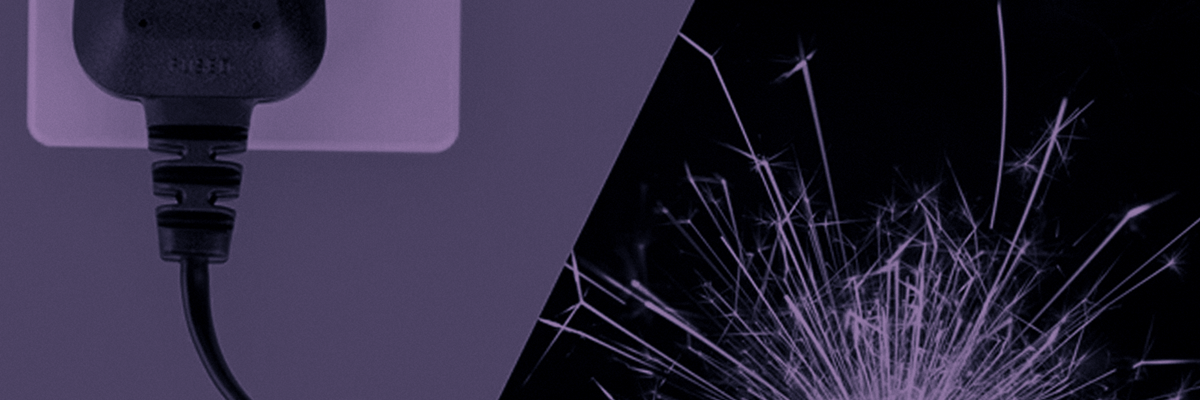Research into the Sale of Second Hand Electrical Products
Electrical Safety First, commissioned by the Office for Product Safety and Standards (OPSS), undertook a limited UK-wide field study into the offline sales of second-hand electrical and electronic appliances. Following a pilot study, eight regions were investigated, providing a representative sample of the UK market. Selection criteria also included Indices of Multiple Deprivation, to confirm assumptions regarding poverty and the supply and demand for second-hand electrical goods.
A total of 222 second-hand sales outlets including charity shops, retail chains and car boot sales were visited. Over a third (35%) of those visited sold, or advertised, electrical goods.
The key findings included:
- Charity shops tend to sell items such as household and kitchen appliances.
- Some areas had community shops that are contracted by Local Authorities to recycle goods from recycling centres. They usually sell household goods, kitchenware and white goods.
- The condition of items found varied widely, from unused to damaged and potentially dangerous.
- Only half of businesses visited claimed to undertake product safety checks before selling and/or were aware of product safety obligations. Awareness of the need to check whether an item had been subject to a recall notice was generally low.
- The largest category of second-hand products found (54%) were items such as mobile phones and laptops, sold primarily in pawnbrokers.
- White goods (13%) and household appliances (13%) were the second highest category.
- The ‘Household appliance’ category includes lighting, which is the fifth most popular product overall and the top non-electronic item sold second-hand.
- Fridge/freezers were the most popular white goods (possibly related to the product’s longevity compared to other appliances).
The research confirmed a sustained appetite for second-hand electricals via offline sales, with a significant number being sold untested or unchecked for safety. It illustrated a need for risk mitigation through increased legislative awareness and enforcement.
Consequently, Electrical Safety First has co-developed and delivered a dedicated training programme on this issue for lead Trading Standards officers throughout the UK. This training can then be ‘cascaded down’ to colleagues, allowing them to identify substandard electrical items.
This research project and its outcomes clearly support the key tools and principles of the OPSS. It will be used to:
- Raise compliance standards
- Promote good practice
- Champion local regulation
- Enhance consumer protection
- Help businesses understand their obligations.
The project was submitted for the 2021 OPSS Regulatory Excellence Awards, achieving a High Commendation in the Product Safety category.

The safety of second-hand electrical products remains a priority for the Charity and further research is in development that will further help with the establishment of evidence-led policy on this issue.
